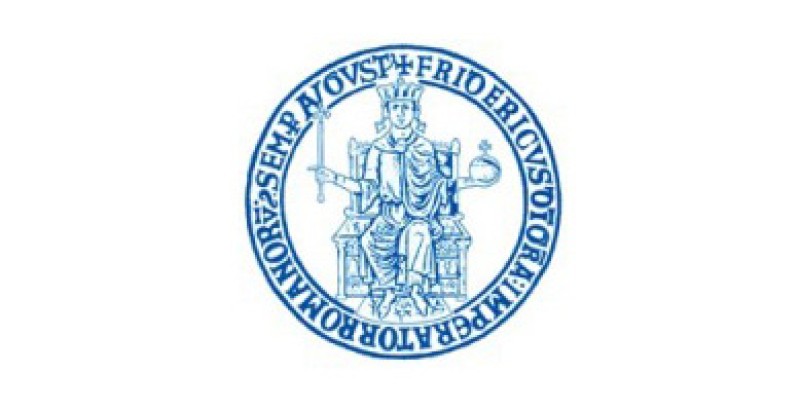Sub-theme 61: Ignorance and Other Ordinary Vices in Professional Organizations
Call for Papers
The original idea of vices can be attributed to Evagrius, the late fourth-century monk, and his theory of the eight
"bad thoughts", namely, gluttony, lust, avarice, anger, sadness, listlessness, vainglory, and pride. Each "bad thought" is
responsible for an undesired behavior and, therefore, should be avoided (Sinkewicz, 2003). We can apply the idea to the context
of organizations as well: For the most part, organizations pursue knowledge, sharpness, cooperation, intelligence, and success,
hence ignorance, ambiguity, defection, foolishness, and failure can be seen as undesirable. They are ordinary vices.
Obviously, if knowledge is power, as we have been accustomed to think, then ignorance surely is weakness (and likewise for
the other pairs), and should be avoided. But what if ordinary vices have not only costs, but benefits as well?
Social scientists have written about some of the ordinary vices just mentioned (e.g., Cyert & March, 1963; Hirschman,
1967; Simon, 1997; Tversky & Kahneman, 1974), but the impact of Ignorance, Uncertainty & Co. on professional organizations
is still poorly understood. Indeed, although much has been written about professional knowledge, power, and expertise (Abbott,
1988; Dacin, Goodstein, & Scott, 2002; Freidson, 2001; Svensson, 2006; von Nordenflycht, 2010), we know little about ignorance
and the other ordinary vices in the context of professional organizations (Wilkesmann et al., 2009). In particular, although
some ordinary vices have been found to have both costs and benefits (e.g., March, 1976, 2006, 2011), we do not yet
know whether the benefits extend to professional organizations as well.
This sub-theme aims at better understanding
how ordinary vices affect the practices and modes of thought of professionals. We subscribe to an inclusive definition of
profession, including the classic professions as well as occupations struggling to become professions (e.g., management consulting).
The following non-exhaustive list includes some potentially interesting questions we would like to address in our sub-theme:
- What is the impact of ordinary vices on professional practice?
- What are the causes of ordinary vices in professional organizations?
- How can ignorance, ambiguity, or deviance lead to organizational learning?
- How do practitioners and clients perceive the vices of professionals?
- Which modes of organizational governance promote ordinary vices in a positive way?
We wish to explore both theoretical and practical implications, as well as methodological issues, as the study of ignorance and other ordinary vices pose special methodological challenges.
References
- Abbott, A. (1988): The System of Professions. Chicago: University of Chicago Press.
- Cyert, R.M., & March, J.G. (1963): A Behavioral Theory of the Firm. Englewood Cliffs: Prentice-Hall.
- Dacin, M.T., Goodstein, J., & Scott, W.R. (2002): "Institutional Theory and Institutional Change." Academy of Management Journal, 45 (1), 45–56.
- Freidson, E. (2001): Professionalism, the Third Logic. Chicago: University of Chicago Press.
- Hirschman, A.O. (1967): Development Projects Observed. New York: Brookings Institution Press.
- March, J.G. (1976): "The Technology of Foolishness." In: J.G. March & J.P. Olsen (eds.): Ambiguity and Choice in Organizations. Bergen: Universitetsforlaget, pp. 69–81.
- March, J.G. (2006): "Rationality, Foolishness, and Adaptive Intelligence." Strategic Management Journal, 27 (3), 201–214.
- March, J.G. (2011): The Ambiguities of Experience. New York: Cornell University Press.
- Simon, H.A. (1997): Administrative Behavior. London: Macmillan.
- Sinkewicz, R.E. (2003): Evagrius of Pontus. Oxford, NY: Oxford University Press.
- Svensson, L.G. (2006): "New Professionalism, Trust and Competence." Current Sociology, 54 (4), 579–593.
- Tversky, A., & Kahneman, D. (1974): "Judgment under Uncertainty: Heuristics and Biases." Science, 185 (4157), 1124–1131.
- von Nordenflycht, A. (2010): "What is a Professional Service Firm?" Academy of Management Review, 35 (1), 155–174.
- Wilkesmann, U., Wilkesmann, M., & Virgillito, A. (2009): "The absence of cooperation is not necessarily defection: structural and motivational constraints of knowledge transfer in a social dilemma situation." Organization Studies, 30 (10), 1141–1164.


